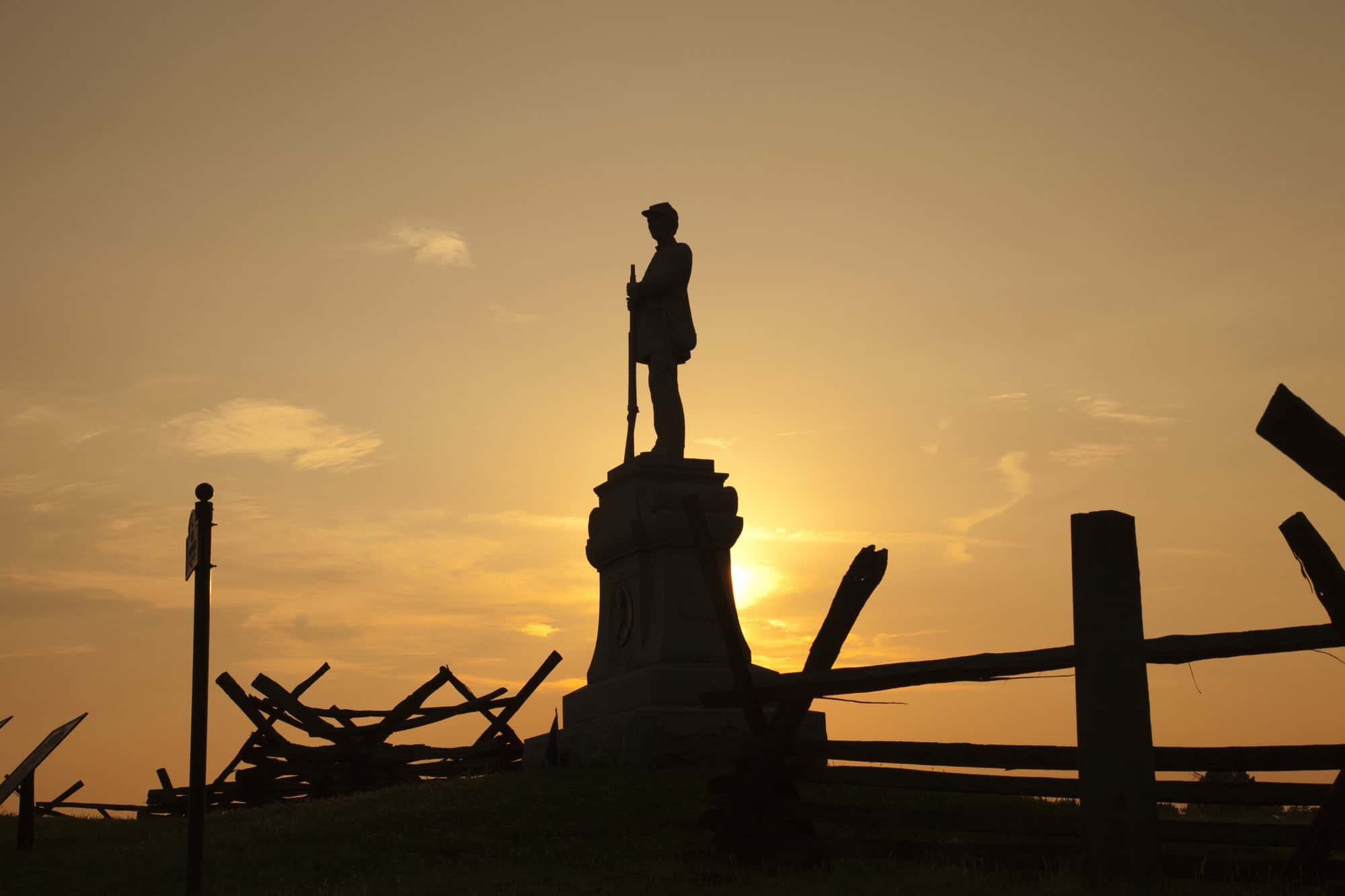“Beware how you take away hope from another human being.” — Oliver Wendell Holmes
This week, the Miami Dolphins stole headlines from their NFL competitors. Unfortunately for the league, the Dolphins, and the rest of us, the way their players talk and not the way they play invited the scrutiny. Words are unique to the human condition and the thread that connects us to this quilt of humanity. The right words strengthen; the wrong words fray.
The problem became public when a player left the team after a more experienced player and designated leader spoke, wrote, and broadcasted words that were both demeaning and threatening. A handful of players and observers have reminded those who sit outside the lines that theirs is a warrior’s world where toughness matters and where words like those are just part of the language of toughness.
We know, however, that words always matter; we are wired in such a way that they do. So, wise leaders monitor speech in their organizations and pay particular attention to how people with authority speak to those who have to listen. In my plebe year at West Point, I was required to memorize Major General John M. Schofield’s Definition of Discipline and in the wake of the Dolphin situation, the words might have something to teach all of us.
The discipline which makes the soldiers of a free country reliable in battle is not to be gained by harsh or tyrannical treatment. On the contrary, such treatment is far more likely to destroy than to make an army. It is possible to impart instruction and to give commands in such manner and such a tone of voice to inspire in the soldier no feeling but an intense desire to obey, while the opposite manner and tone of voice cannot fail to excite strong resentment and a desire to disobey. The one mode or the other of dealing with subordinates springs from a corresponding spirit in the breast of the commander. He who feels the respect which is due to others cannot fail to inspire in them regard for himself while he who feels, and hence manifests disrespect toward others especially his inferiors, cannot fail to inspire hatred against himself.
Schofield, who earned the Medal of Honor for gallantry in the Civil War, knew something about toughness and the warrior ethos when he shared those thoughts with West Point Cadets in August of 1879. Professional words and tone are an important discipline of winning organizations no matter how tough their playing field. This type of professionalism has worked in the U. S. Military for the past two centuries and it can work for your team too–even if you play in a very public arena on Sundays.
On Monday, ceremonies will take place around the country to honor our veterans. Not surprisingly, veterans will make up the mass of many gatherings. What may surprise you is that most will not attend to hear praise but to show gratitude to preceding generations for the legacy of respect they passed down. This response is no accident but insured by generations of leaders, like Schofield, who understood that words matter and used them to set the right example and tone. Leaders in the NFL would be wise to do the same.
Thoughts?







